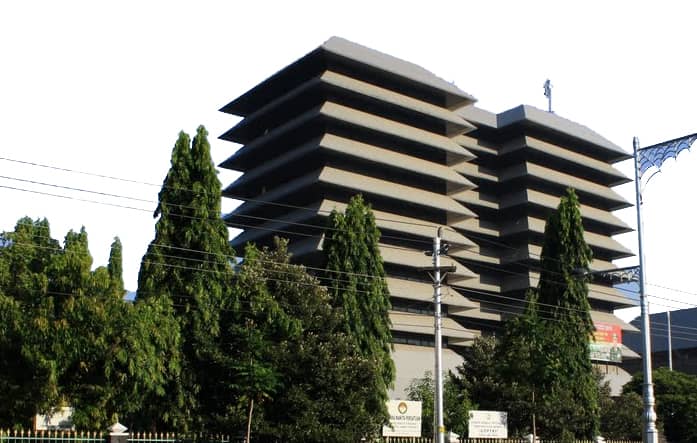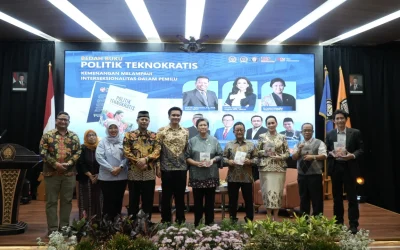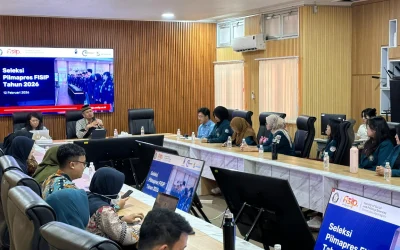Semarang – A study conducted by Drs. Ari Subowo, M.A., titled “The Analysis of Women’s Representation in the House of Representatives of Central Java 2019-2024,” reveals that the representation of women in the Central Java Regional House of Representatives (DPRD) for the 2019-2024 period remains far below the expected target. Despite affirmative policies advocating for a 30% quota for women in legislative institutions, this research found that only 20% of the seats in the Central Java DPRD are occupied by women.
The study focuses on the implementation of the women’s quota policy recommended by the Convention on the Elimination of All Forms of Discrimination Against Women (CEDAW), which has been ratified by the Indonesian government through the Ministry of Women’s Empowerment and Child Protection Regulation No. 07/2013. However, the enforcement of this policy has not been fully effective in achieving the set target.
Drs. Ari Subowo, M.A., the lead author of the study, employed a descriptive-qualitative method using David Easton’s Systems Theory to analyze the factors contributing to the low representation of women in politics. The study identified key barriers, including limited human resources among women, a strong patriarchal culture, and political factors that hinder women’s participation.
Although local governments and political parties have made efforts to promote women’s representation, women still face challenges in occupying strategic decision-making positions in the DPRD. Most key positions are still dominated by men, resulting in women’s participation in policy-making being far from optimal.
The research offers several strategic recommendations to enhance women’s representation in the legislature. These include improving gender education, strengthening the commitment of political parties to advocate for women’s representation, and enhancing women’s empowerment programs to better prepare and equip them to compete in the political arena.
About the Author:
Drs. Ari Subowo, M.A., is a lecturer in the Department of Public Administration at Universitas Diponegoro. He completed his undergraduate studies at Universitas Gadjah Mada and earned his master’s degree from The Australian National University. He currently teaches in the undergraduate Public Administration program at Universitas Diponegoro’s Rembang campus, where he lectures on the State Administration System of the Republic of Indonesia (SANKRI).
Source: Subowo, A., & Afrizal, T. (2021). The Analysis of Women’s Representation in the House of Representatives of Central Java 2019-2024. Journal of Public Policy and Management Review, 10(3), 31-38.
This study provides valuable insights into the challenges faced in efforts to increase women’s political participation at the local level and is expected to serve as a guide for policymakers to improve women’s representation in the future.





0 Comments